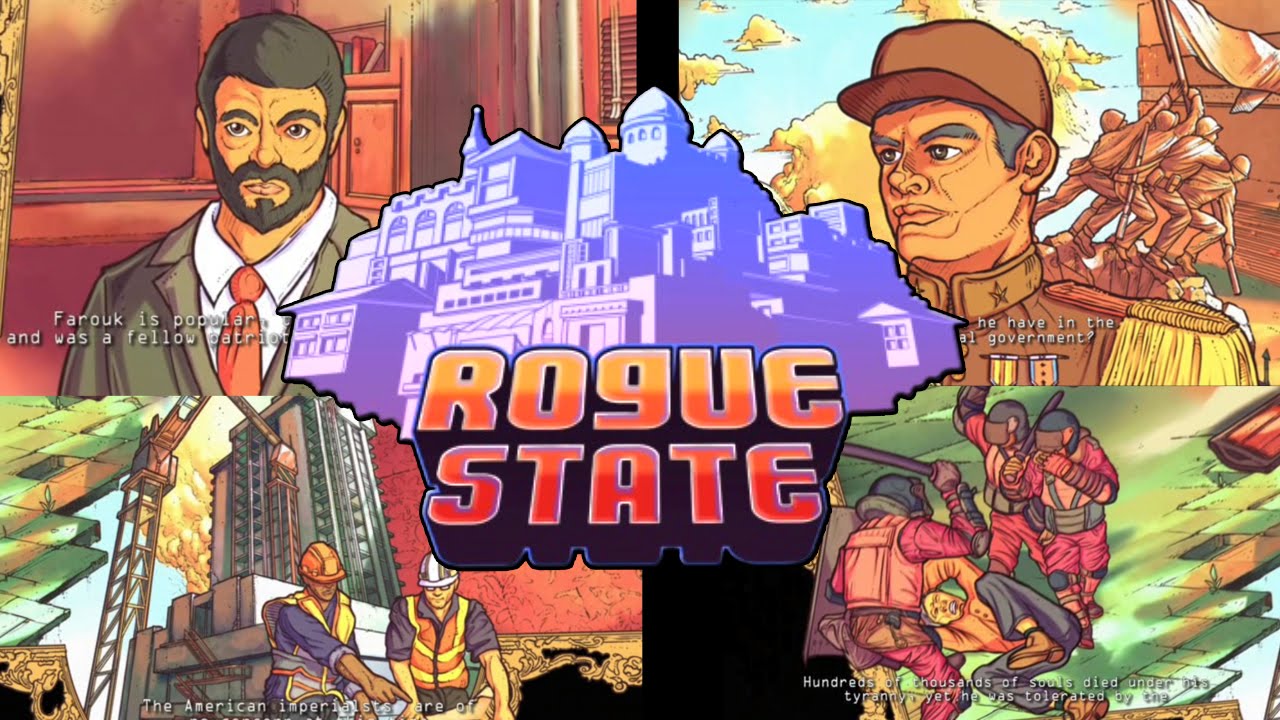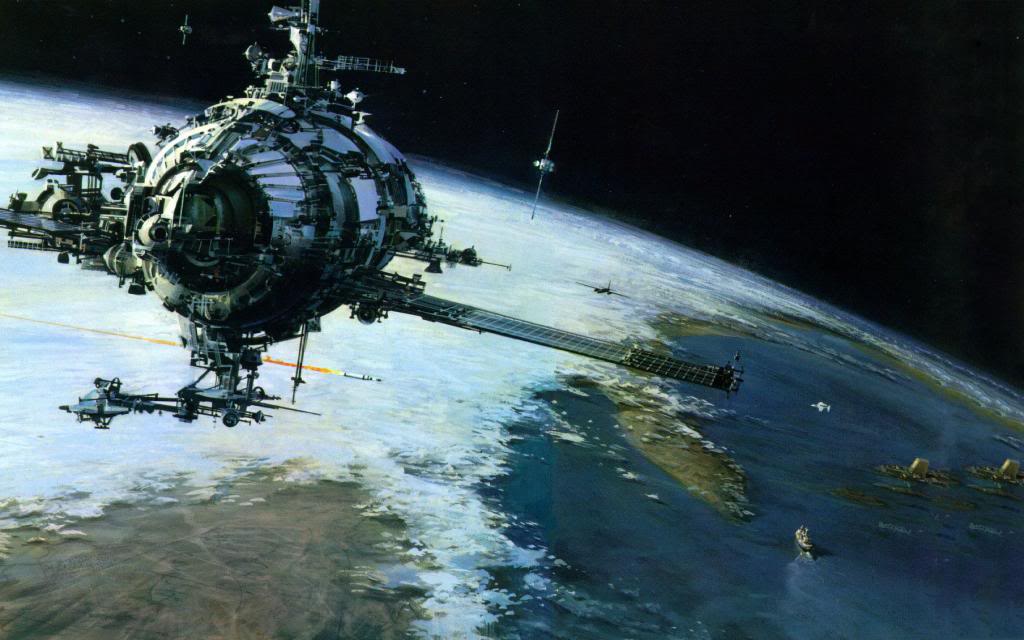Released late last year, indie simulator Rogue State takes the tried-and-true nation-simulator formula to the fictitious Middle Eastern country of Basenji, forcing players to juggle a number of competing factions and citizen needs as they lead their country out of a bloody civil war and into a glorious future.
Though reviews have been mixed, critics agree that Rogue State’s political ambition and unique take on the genre raise it a step above the usual indie fare and introduces a talented and driven development company that gamers should keep an eye on.
I recently had the pleasure of interviewing with Ryan Hewer, one of the co-founders of Little Red Dog Games and leading developers of Rogue State, who kindly answered my questions concerning the game’s development and the team’s further projects. Ryan’s answers to my questions are summarized below, and give a good glimpse into the inner-workings of Rogue State, its development team, and the hardships of breaking out in the gaming industry.
Political Roots

A protest during 2011’s Arab Spring
Hewer and his team at LRD Games had an idea for a presidential simulator concerned with contemporary affairs for a while — though Middle Eastern politics wasn’t always part of the equation. Originally, Hewer planned to craft a game around American politics inspired by Aaron Sorkin’s hit TV show The West Wing. But during our interview, he explains why they didn’t go in that direction:
“We abandoned that notion to pursue a Middle Eastern theme because there weren’t many games out there that portrayed the region tastefully [or] as anything more than a backdrop for conflict.”
Although the team wasn’t looking to promote any specific political agenda, they did wish to demonstrate the challenge of pursuing a “dogmatic adherence to an ideal”; that is, adhering to one given ideology (fundamentalism, liberalism, etc.) to the point that others are cast by the wayside, to the detriment of all.
Basenji’s conflict in Rogue State borrowed on many of the Middle Eastern conflicts of the past decades, including not only the more well-known ones such as the Iran Revolution of 1979 and 2011’s Arab Spring, but also integrating the stories of countries less focused on by the Western media — such as Oman, Kuwait, and Yemen. The culture of Basenji was also influenced by a number of diverse Middle Eastern cultures, all with their own histories and stories to tell.
When asked what he wanted players to take away from the political realities of his game, Hewer replied:
“If there’s one thing I hope players appreciate when playing this game, it’s that it is a convenient narrative to blame the world’s problems on the actions of specific individuals, but the reality is larger societal pressures and politics often dictate the actions of those individuals. If this game is political commentary, then it’s commenting that even the Glorious Leader of a fictional country is a servant to the demands of the powerful and/or the many. If this game is political satire, then it’s mocking the absurdity of diplomacy in the age of a twenty-four hour news-cycle.”
Future Endeavors
Next, I asked Hewer about what we can expect from his team in the future. Rogue State, unfortunately, will not be receiving any further updates; instead, the team has turned its attention towards its next project.
This new game, whose title is yet to be revealed, will take place on a poorly maintained spacecraft in a dystopian future and will feature real-time simulation elements. The company’s team has expanded for this new game, and Hewer is excited to report that the “game has made incredible leaps in terms of gameplay, system performance, art, and style.”
Given the team’s accomplishments up to this point, and their creative inspiration drawn from sources such as critically-acclaimed indie game Faster Than Light, this new title promises to be an exciting and unique addition to the library of space simulators. This will be a title to look out for, gamers!
LRD Games hopes to release this new project before the end of the year.
The Reality of Indie Development
Finally, I asked Hewer if he had any words of advice for those hoping to enter the cut-throat world of indie game development. His answer, surprisingly, was no!
“It’s a crowded market. And a lot of great products get missed, and a lot of uninspired products break through. If there exists a formula for commercial success, I have yet to discover it, but every product we make is a labor of love. We’ll never stop making the kinds of games that feel ‘different’.”
Developers sure don’t have an easy task, but that doesn’t mean that you should give up on your dreams! Ryan Hewer and his team at LRD Games seem to love what they’re doing, and are truly committed to bringing high-quality, unique games to interested players. This is one team to look out for, gamers, as they continue to improve their skills and release new and better games.









Published: Jul 18, 2016 12:34 pm